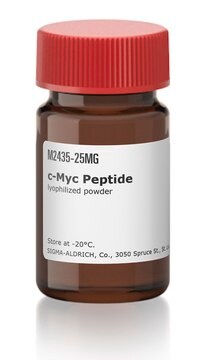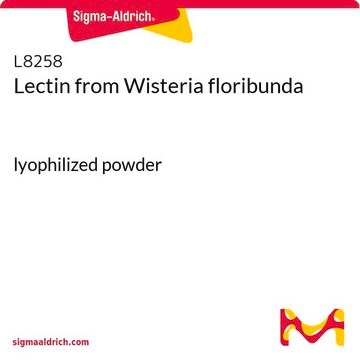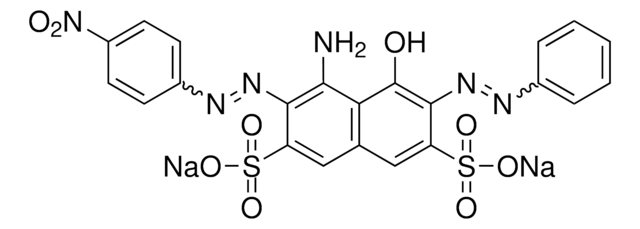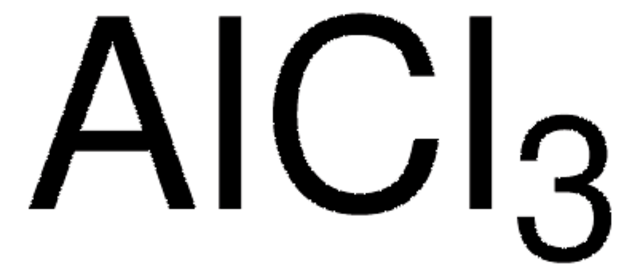P0115
PAC-1
≥98% (HPLC)
別名:
(4-Benzylpiperazino)acetic acid (3-allyl-2-hyroxybenzylidene)hydrazide, 1-Piperazineacetic acid, 2-(phenylmethyl)-,[[2-hydroxy-3-(2-propenyl)phenyl]methylene]hyrrazide
About This Item
おすすめの製品
品質水準
アッセイ
≥98% (HPLC)
形状
solid
色
white
溶解性
DMSO: ≥10 mg/mL
deionized water: ≤2 mg/mL
保管温度
room temp
SMILES記法
Oc1c(CC=C)cccc1\C=N\NC(=O)CN2CCN(CC2)Cc3ccccc3
InChI
1S/C23H28N4O2/c1-2-7-20-10-6-11-21(23(20)29)16-24-25-22(28)18-27-14-12-26(13-15-27)17-19-8-4-3-5-9-19/h2-6,8-11,16,29H,1,7,12-15,17-18H2,(H,25,28)/b24-16+
InChI Key
YQNRVGJCPCNMKT-LFVJCYFKSA-N
詳細
生物化学的/生理学的作用
特徴および利点
保管分類コード
11 - Combustible Solids
WGK
WGK 3
個人用保護具 (PPE)
dust mask type N95 (US), Eyeshields, Gloves
適用法令
試験研究用途を考慮した関連法令を主に挙げております。化学物質以外については、一部の情報のみ提供しています。 製品を安全かつ合法的に使用することは、使用者の義務です。最新情報により修正される場合があります。WEBの反映には時間を要することがあるため、適宜SDSをご参照ください。
Jan Code
P0115-25MG:
P0115-VAR:
P0115-5MG:
P0115-BULK:
試験成績書(COA)
製品のロット番号・バッチ番号を入力して、試験成績書(COA) を検索できます。ロット番号・バッチ番号は、製品ラベルに「Lot」または「Batch」に続いて記載されています。
この製品を見ている人はこちらもチェック
ライフサイエンス、有機合成、材料科学、クロマトグラフィー、分析など、あらゆる分野の研究に経験のあるメンバーがおります。.
製品に関するお問い合わせはこちら(テクニカルサービス)










